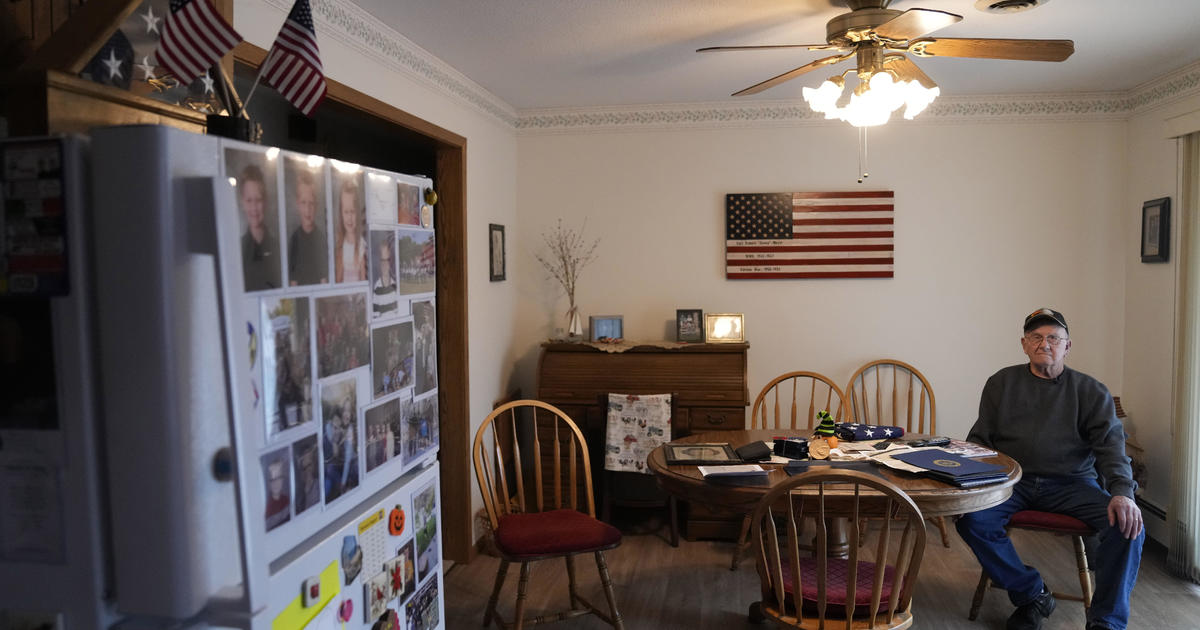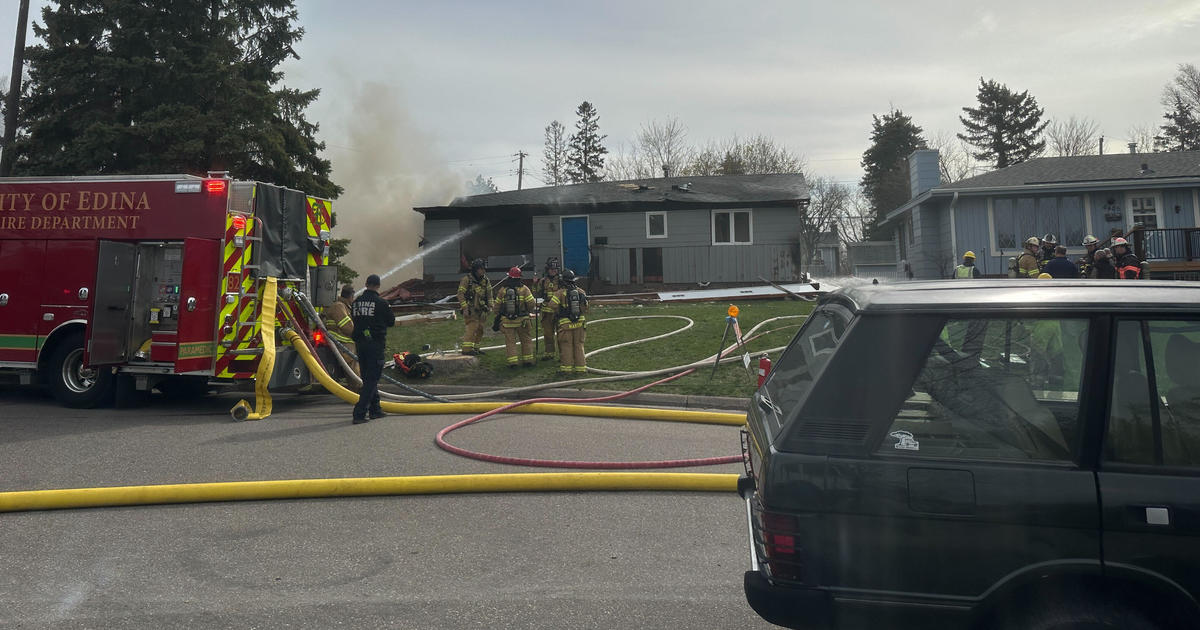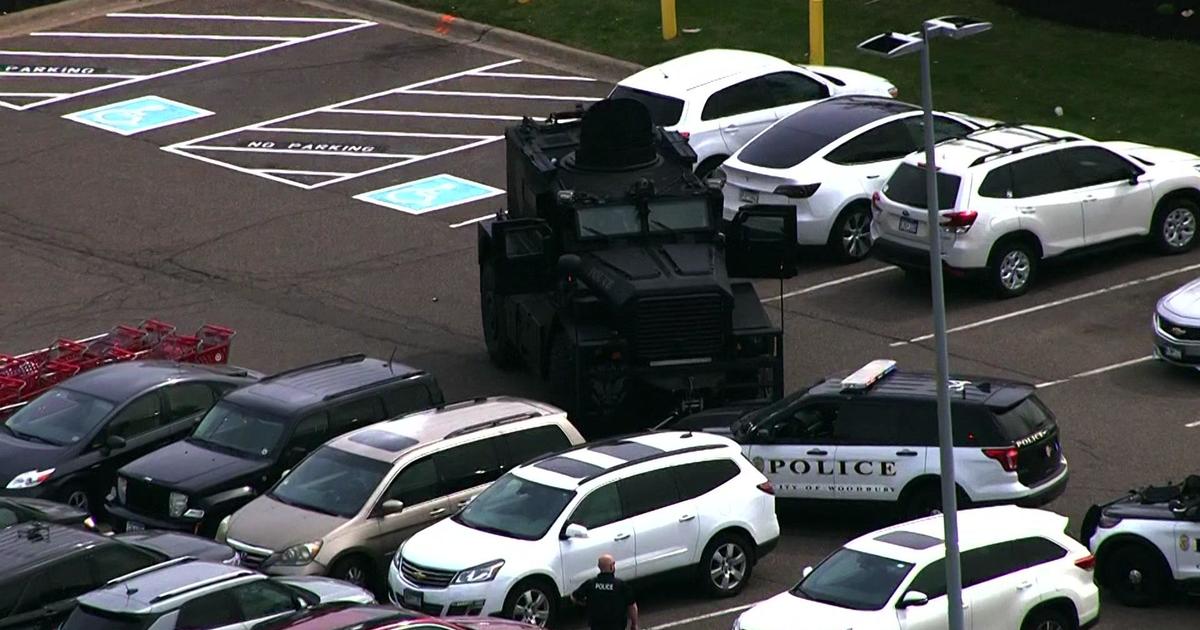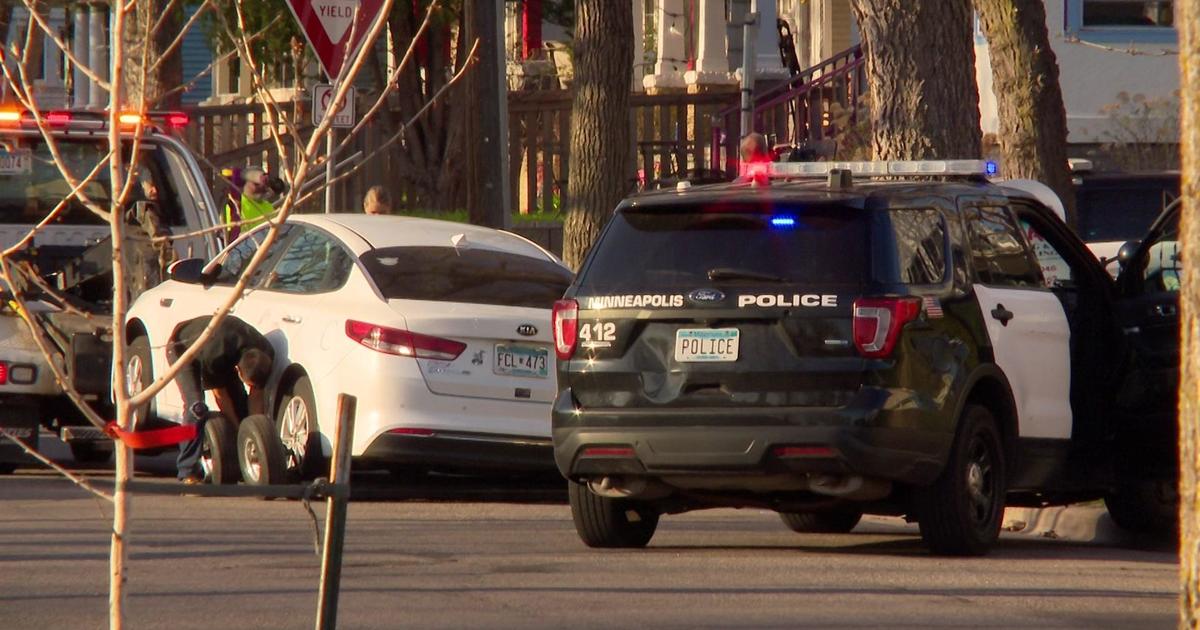Derek Chauvin Trial Judge Denies Defense's Request To Sequester Jury Following Brooklyn Center Shooting
MINNEAPOLIS (AP/WCCO) — The judge in the George Floyd murder case refused a defense request to immediately sequester the jury Monday, the morning after the killing of a Black man during a traffic stop triggered unrest in a suburb just outside Minneapolis.
The request came from the attorney for former Minneapolis police Officer Derek Chauvin. Defense attorney Eric Nelson argued that the jurors could be influenced by the prospect of what might happen as a result of their verdict.
"Ultimately, your honor, the question becomes will the jury be competent to make a decision regardless of the potential outcome of their decision," Nelson said. "This incident last night highlights and brings to forefront that a verdict in this case will have consequences."
Judge Peter Cahill said he will not sequester the jurors until next Monday, when he anticipates closing arguments will begin. He also denied a defense request to question jurors about what, if anything, they may have seen about unrest following Sunday's police shooting of Daunte Wright in Brooklyn Center.
In the wake of the shooting, hundreds of protesters broke into businesses and hurled rocks and other objects at police in Brooklyn Center. Officers fired gas and flash-bang grenades.
The judge in the Floyd case had previously asked jurors to avoid news during the trial.
The ruling came as the trial entered its third week, with the prosecution close to wrapping up its case and giving way to the start of the defense. The prosecution has built its case on searing witness accounts, experts rejecting Chauvin's use of a neck restraint, and medical authorities attributing Floyd's death to a lack of oxygen.
Derek Chauvin, 45, who is white, is charged with murder and manslaughter in Floyd's death on May 25, 2020. Police were called to a neighborhood market where Floyd, who was Black, was accused of trying to pass a counterfeit bill.
Bystander video of Floyd, pinned by Chauvin and two other officers as he cried "I can't breathe" and eventually grew still, sparked protests and scattered violence around the United States.
Chauvin's attorney has argued that Floyd's death was caused by drug use and underlying health conditions including a bad heart. He is expected to call his own medical experts after the prosecution wraps its case, expected early this week. Nelson hasn't said whether Chauvin will testify.
The second week of the trial was dominated by technical testimony, beginning with senior Minneapolis Police Department officials, including Chief Medaria Arradondo, testifying that Chauvin's restraint of Floyd violated department policy.
Prosecutors say Floyd was pinned for nine minutes and 29 seconds. Police officials testified that while officers might sometimes use a knee across a person's back or shoulder to gain or maintain control, they are also taught the specific dangers for a person in Floyd's position -- prone on his stomach, with his hands cuffed behind him -- and how such a person must be turned into a side recovery position as soon as possible.
Prosecutors called a string of medical experts to testify that Floyd died due to a lack of oxygen, led by Dr. Martin Tobin, a lung and critical care specialist who walked jurors through graphics and charts and had them feel their own necks as he analyzed evidence from videos.
(© Copyright 2021 CBS Broadcasting Inc. All Rights Reserved. The Associated Press contributed to this report.)



